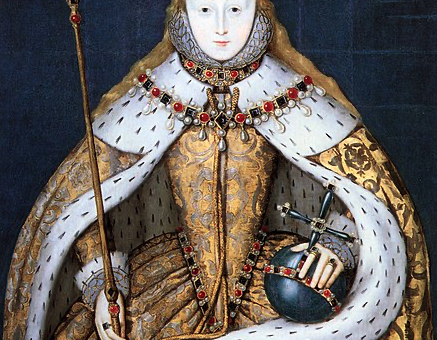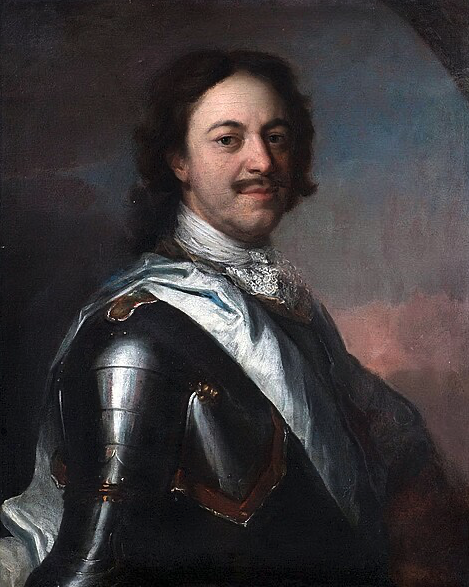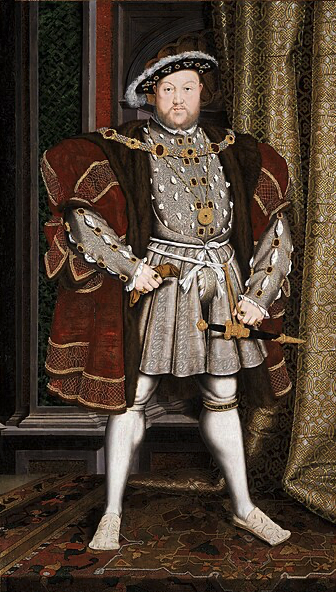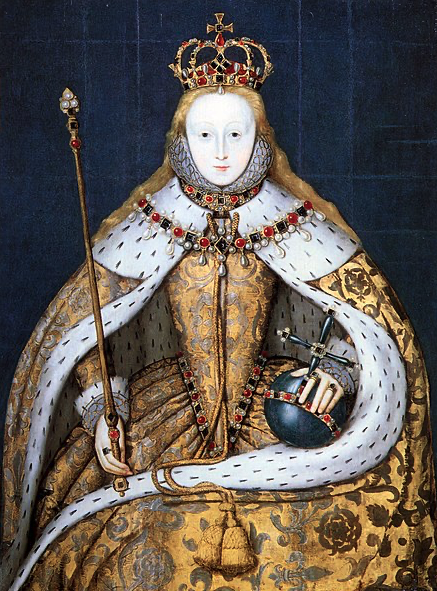
When it comes to quirky historical taxation, few measures are as peculiar as the beard tax. Though not common, a few bold rulers saw fit to tax their subjects’ facial hair.
1. Peter the Great of Russia: Modernization at the Cost of Beards

Peter the Great was famous for his drastic efforts to westernize Russia during his reign from 1682 to 1725. Among his many reforms, the beard tax, instituted in 1698, stands out for its sheer audacity.
Peter viewed beards as a relic of the old, backward Russia and imposed the tax to encourage the clean-shaven look prevalent in Western Europe.
Those who opted to keep their beards had to pay a significant sum and carry a “beard token” as proof of payment. This token bore the inscription, “The beard is a superfluous burden.”
2. Henry VIII of England: A Royal Paradox

Despite sporting a beard himself, Henry VIII of England decreed a beard tax in 1535. This was during a period of severe financial strain caused by his lavish spending and numerous military campaigns.
The tax varied according to social status, hitting the wealthy particularly hard.
The paradoxical move by a bearded king to tax beards underscores the unpredictability of Tudor politics and Henry’s constant need for funds.
3. Queen Elizabeth I of England: The Mythical Tax?

Queen Elizabeth I is often said to have followed in the footsteps of her father, Henry VIII, by imposing her own beard tax in 1567.
However, evidence supporting the existence of this tax is tenuous at best, leading some historians to question its veracity.
If it did exist, it would have been part of the queen’s wider efforts to control the appearance of her courtiers and encourage a standard of cleanliness and grooming that suited her preferences.

